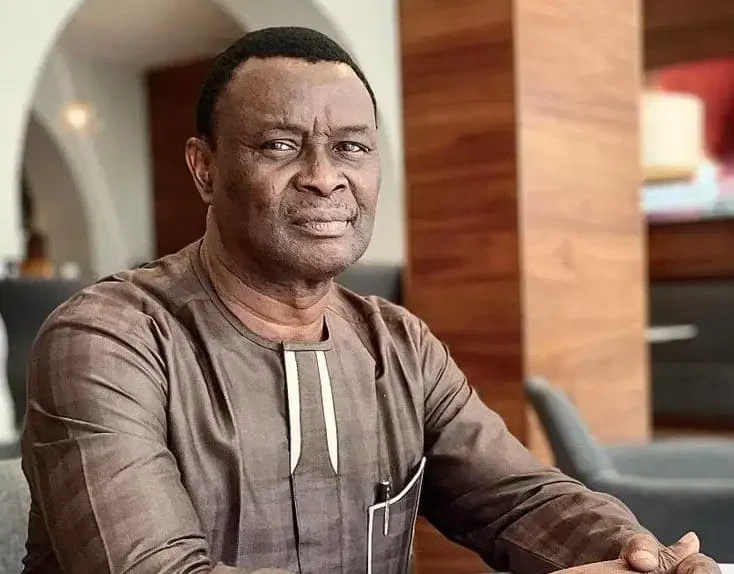Chairman of the Federal Civil Service Commission, Prof. Tunji Olaopa, yesterday, outlined steps that could be taken for national economic transformation.
The professor of public administration and retired federal permanent secretary spoke during the Nigeria Employers’ Consultative Association (NECA)’s third yearly Nigeria employers’ summit held in Abuja.
Olaopa expressed the hope that amid Nigeria’s “rising from the adverse effects of the COVID-19 pandemic, and the deep crisis of the state of the economy as at 2023, the series of domestic and external shocks that warranted removal of subsidy and the floating of the Naira might be translating slowly to democratic dividends, but surely, it will in time, with more concerted efforts and deepened policy creativity.”
He noted that the growing confidence in the resilience of the economy, and the fiscal gains from subsidy removal need to be accompanied by prioritising the real cum productive sectors for stimulus injection, so the real sector can drive sustainable growth and macroeconomic stability.
To achieve desired results, according to him, will require “the deepening of out-of-the-box policy intelligence, as we are currently witnessing across multiple fronts, through the implementation of a range of reforms to create the ecosystems that are enabling for private sector to thrive as we grow the economy.”
Consequently, Olaopa said that concerted actions should be taken to expand alternative sources of financing to fix infrastructure gaps, while at once strengthening the regulatory oversight of such bodies like Nigeria Electricity Regulatory Council (NERC) to hold electricity distribution companies (DISCOs) accountable.
“If significantly enhanced investments are achieved in this regard, infrastructure expansion will no doubt impact operational costs for businesses and create the incentives for quantum of FDIs,” he said.
He, however, said that to deepen the current reforms to strengthen institutions and regulations, more should be done to lessen bureaucratic burden on investment and enterprise, through the streamlining of business approval processes.
According to him, it must include the elimination of duplicative licences, acceleration of courts’ digitisation, improving insolvency reforms to improve contract enforcement, and expanding angel investing and other venture capital funding to transform Nigeria’s technology start-ups into key global players.
Olaopa said there was the need to do more with curriculum revamp, with emphasis on virtual skills to improve teaching quality and pedagogy in general.
“More strategic conversation is needed to inform the rethinking of the relative role of the state and the market (as macro-policy imperative), to deepen their shared responsibilities as engines of growth of the economy.
“In so doing, we need to better harness the potential of PPP models in infrastructure financing and in re-engineering public sector service delivery for quality Tunji Olaopaand institutional capability readiness,” he explained.

 4 months ago
34
4 months ago
34















 English (US) ·
English (US) ·